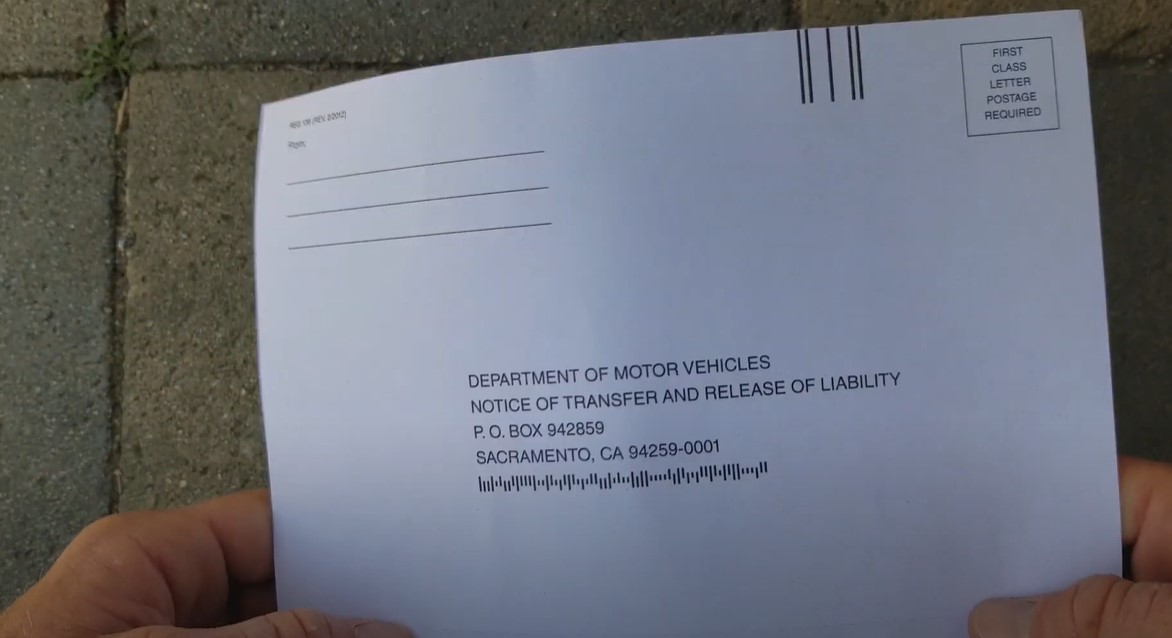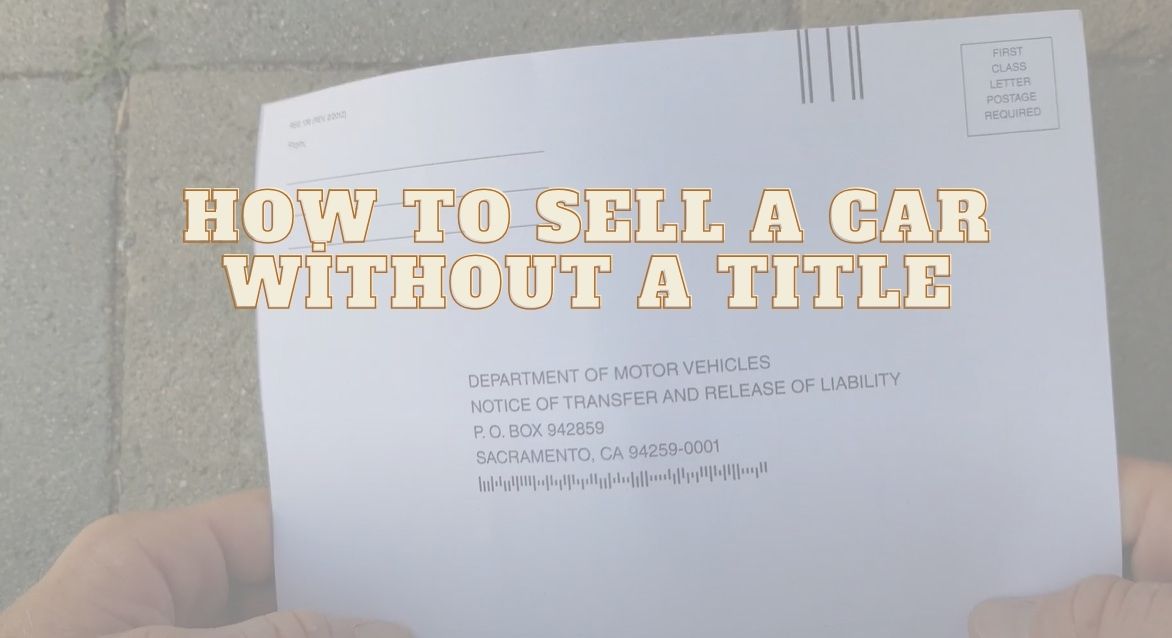Selling a car without a title can seem like a daunting task, but it is possible with the right approach. Whether you’ve misplaced the title, purchased a vehicle without one, or inherited an old car that never had a title, there are several ways to navigate this situation. In this comprehensive guide, we’ll walk you through the steps you need to take to sell a car without a title, ensuring you stay compliant with state laws and make the process as smooth as possible. Understanding the requirements and legalities involved is crucial, so read on to learn everything you need to know.
Understanding the Situation: Why You Might Not Have a Title
There are several reasons you might not have a title for your car:
- Lost title: The original title may have been misplaced or lost over the years.
- Car loans: If you have a car loan, the lender holds the title until the loan is paid off.
- Older vehicles: In some states, titles were not issued for vehicles over a certain age.
- Inherited vehicles: You might inherit a vehicle that never had a title.
Steps to Sell a Car Without a Title
Obtain a Duplicate Title
The first step is to check if you can obtain a duplicate title. Visit your local DMV website or office to learn about the process in your state. Typically, you’ll need to complete an application, provide proof of ownership, and pay a fee. For example, in Missouri, you can complete Form 108, include your payment, and submit it to the DMV to get a duplicate title.
Create a Bill of Sale
If obtaining a duplicate title is not an option, you can create a bill of sale. This document should include:
- The car’s make, model, year, and vehicle identification number (VIN)
- The sale price and date of sale
- Names, addresses, and signatures of both buyer and seller
Apply for a Bonded Title
If your state offers it, you can apply for a bonded title. This involves purchasing a surety bond and submitting it along with your title application to the DMV. This process provides legal proof of ownership and protects against future claims on the vehicle.
Selling to a Car Junker
If the car is not in good condition, selling it to a car junker might be the best option. Many junk car buyers do not require a title, though they may require a valid registration and your driver’s license.

Special Considerations by State
Selling a Car Without a Title in Texas
In Texas, you can sell a car without a title by applying for a bonded title or using a bill of sale if the car is older. Contact the Texas DMV for specific requirements and forms.
Frequently Asked Questions
Can I sell a car without a title?
Yes, you can sell a car without a title, but it requires following specific procedures. You may need to create a bill of sale, apply for a duplicate or bonded title, or sell to a car junker who doesn’t require a title. Always check your state’s regulations for the exact steps you need to follow.
What is a bonded title and how do I get one?
A bonded title is a title issued to a vehicle when the original title is lost, and it involves purchasing a surety bond. This bond protects against any future claims on the vehicle. To get a bonded title, you must apply through your state’s DMV, providing necessary documentation and paying the required fees.
What should I include in a bill of sale?
A bill of sale should include the car’s make, model, year, vehicle identification number (VIN), sale price, date of sale, and the names, addresses, and signatures of both the buyer and seller. This document serves as proof of the transaction and is necessary for legal and registration purposes.
How do I handle selling a car with a lien?
If there is a lien on the car, the lender holds the title until the loan is paid off. You need to work with the lender to calculate the payoff amount and use the buyer’s payment to settle the loan. Once the loan is paid, the lender will release the title, which you can then transfer to the buyer.
What do I do if the car I’m selling has a salvage title?
If your car has a salvage title, it means the vehicle was declared a total loss by an insurance company but has since been repaired. When selling a car with a salvage title, disclose this to the buyer and provide any documentation related to the repairs. The buyer should be aware that a salvage title indicates the car has undergone significant repairs.
Read also: How Long It Takes to Sell a Car
Conclusion
While selling a car without a title involves additional steps, it is entirely feasible with the right documentation and understanding of your state’s requirements. Whether you opt for a bill of sale, apply for a duplicate or bonded title, or sell to a car junker, ensure all paperwork is in order to avoid legal complications.
Visitor Reviews
- John Doe: “Selling my car without a title was initially overwhelming, but with some research, I found the process straightforward. I applied for a bonded title, which was a lifesaver. The DMV guided me through the process, and within a few weeks, I had the bonded title in hand. This allowed me to sell my car legally and without hassle. I highly recommend anyone in a similar situation to consider this option.”
- Jane Smith: “I lost the title to my car years ago and didn’t think I could ever sell it. However, I discovered that in my state, I could create a detailed bill of sale to facilitate the sale. It was important to include all necessary information like the VIN, make, model, and both parties’ contact details. The new owner had no issues registering the car, and the sale went through smoothly. It was a relief to finally get it off my hands.”
- Robert Johnson: “When I needed to sell my old car without a title, I didn’t know where to start. Thankfully, the DMV provided excellent resources on how to apply for a duplicate title. After submitting the required forms and waiting a few weeks, I received the new title. The process was surprisingly simple, and I was able to complete the sale to a private buyer without any issues. I appreciate the efficiency of the DMV in handling my request.”
- Emily Brown: “Selling my car with a salvage title was a bit more complicated. I had to be upfront with potential buyers about the car’s history. Despite the extra paperwork and having to provide proof of the repairs, I managed to find a buyer who was okay with the salvage title. The key was transparency and having all necessary documentation ready. It took a bit longer, but in the end, both the buyer and I were satisfied with the deal.”
- Michael Davis: “I was worried about selling my car without a title, especially because I still owed money on it. Working with my lender, I calculated the payoff amount and used the buyer’s payment to settle the loan. Once the loan was cleared, the lender sent the title, which I then transferred to the new owner. It was a bit stressful, but with clear communication and cooperation with the lender, everything worked out well.”
- Sarah Wilson: “After inheriting an old car without a title, I thought it would just sit and rust. Fortunately, I learned about bonded titles. The process of getting a bonded title was relatively simple. I purchased a surety bond, filled out the necessary paperwork, and submitted it to the DMV. A few weeks later, I had a bonded title and was able to sell the car. It was a great solution for a tricky situation, and I’m glad I explored my options.”

Leave a Reply